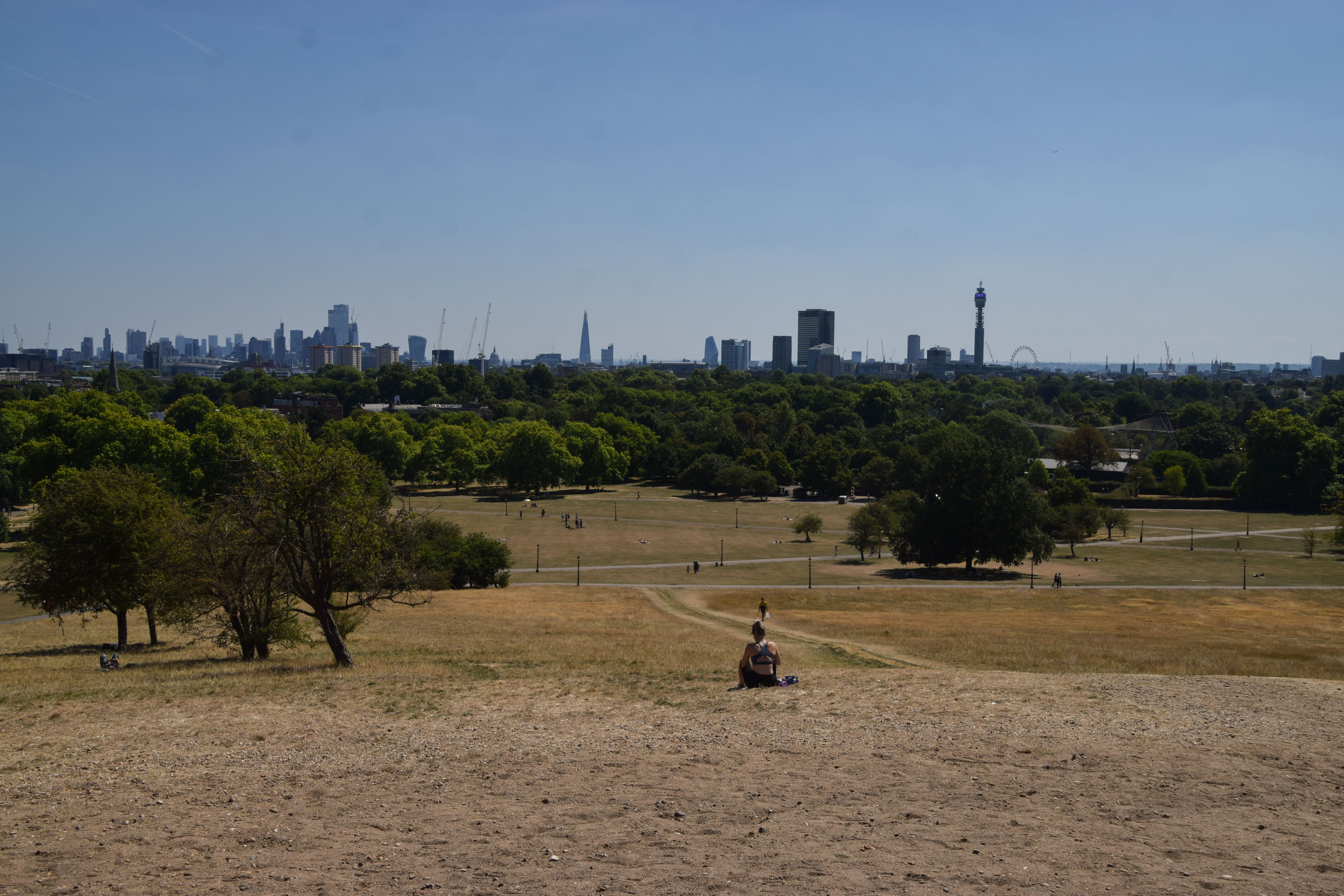Nearly 30m UK workers ‘in danger from deadly summer heatwaves’
UK is facing ‘tragic consequences’ as temperatures spike, researchers claim
The UK is facing “tragic consequences” and is “extremely unprepared” for blistering summer heatwaves sparked by the climate crisis, a report warns.
By 2050, extreme heat waves could leave almost 28 million workers significantly at risk from dangerous temperatures, according to research from the think tank Autonomy
With future summers set to become significantly warmer and heatwaves ever more frequent, the report by Autonomy finds that by the end of this decade at least 20 million workers, or around two-thirds of the working population, will be significantly at risk of working through extreme heat events.
The new report comes after it was reported that 2022 was the hottest year in a dataset going back to 1950 for a number of countries in Europe, including the UK, Ireland, Spain, France, Italy and Portugal.
Higher average, day-to-day temperatures are also set to take a significant toll. By the 2040s, more than a million of the most exposed workers could have to work in temperatures above 27C throughout the summer, becoming a “dangerous new normal”.
The report warns that the places with the highest number of exposed workers by 2050 will be located in Birmingham and Hertfordshire, and some of the occupations worst affected include construction, electric trades and cleaning.
By 2070, the towns of Barnsley, Doncaster and Rotherham will be the places with the highest number of workers that could be at risk.

According to Autonomy, the UK’s existing building stock is unfit to deal with increasing heat, and with a lack of any cultural norms allowing midday rest and a lack of legislation to set parameters for temperature and humidity conditions in the workplace, the UK is “extremely unprepared” compared to other countries.
Will Stronge, Director of Research at Autonomy, said: “The UK is extremely unprepared for future summer heatwaves which are projected to be a lot worse than the record-breaking summer we had this year.
“Without action from the government, we could see tragic consequences and there is a real danger of workers being exposed to temperatures of 35C and above.”
Greenpeace UK’s chief scientist Dr Doug Parr said: “2022 was a year of life-threatening record temperatures, but the UK is nowhere near ready for the certainty of more heatwaves. People are facing having to work in dangerously hot weather as the climate crisis rages on, and those on low incomes are particularly at risk.
“Failure to act won’t just lose the Conservatives votes at the next election, it will endanger people’s health and their lives.”
An HSE spokesperson said: “There is no maximum workplace temperature because every workplace is different. Responsibility to make workplaces safe and healthy lies with employers. Workplace temperature is a hazard that comes with legal obligations for employers like other hazards.”
The HSE adds that setting a maximum permitted working temperature would not be helpful as thermal air comfort is reliant on factors like air temperature, radiant temperature, humidity and air velocity, as well as the wide-ranging workplace practices and occupations.
The report backs calls by the Trades Union Congress’ (TUC) for legislation to set a new absolute maximum indoor temperature, set at 30C (or 27C for those doing strenuous jobs), to indicate when work should stop.
Sheila Asquith, Health and Safety Officer at the TUC, said: "Climate change is putting workers at risk. As record temperatures passed 40C this summer, working people deserve to be safe from dangerous heat levels. People in low-paid and insecure jobs and those on zero-hours contracts find it harder to complain or raise safety concerns because they fear losing their wages.
“Our workplaces were built for a different century and a different climate. But overheating workplaces is not inevitable. Government can step in, and regulate to ensure workplaces are fit and safe for these new extremes."
Join our commenting forum
Join thought-provoking conversations, follow other Independent readers and see their replies
Comments
Bookmark popover
Removed from bookmarks